Exploring the Possibilities of Life in Deep Space: A Call for Citizen Scientists
The mysteries of how life can thrive in the unforgiving environment of deep space have long intrigued scientists. Now, an exciting opportunity has emerged for volunteers from diverse backgrounds to contribute to this fascinating area of research. The Open Science Data Repository Analysis Working Groups (AWGs) are actively seeking participants to delve into the complexities of life in space. These groups are particularly focused on understanding the impacts of various space-related factors such as radiation, microgravity, and microbial changes in orbital environments.
Currently, there are nine distinct Analysis Working Groups, each dedicated to a specific scientific focus. These groups convene monthly, utilizing an online platform known as the “Forum-Space”. This digital hub is a collaborative environment where participants can engage with both their peers and subject matter experts. Here, contributors are encouraged to join discussions and play a role in over 20 active research projects.
At the core of the AWGs’ research efforts is data sourced primarily from the NASA Open Science Data Repository (OSDR). This repository is a rich source of spaceflight data, encompassing a wide array of fields including physiology, molecular biology, and bioimaging, among others. For those new to the field, a range of tutorials and a comprehensive academic paper are available to guide them through the intricacies of the repository and the AWG community. Participants can explore over 500 studies, utilize an omics multi-study visualization portal, and access specialized tools such as an environmental data app and RadLab, a portal for radiation telemetry data. The term “omics” refers to various biology-related fields like genomics, which study genes and their functions.
Each of the nine AWGs is led by a dedicated Lead who organizes group activities and conducts monthly virtual meetings. New members are encouraged to introduce themselves to the Lead and get involved in the group’s agenda. For more information about these groups and how to engage with them, interested individuals can learn about the AWGs online.
The AWGs also welcome innovative ideas for new projects. Participants are encouraged to propose and lead new initiatives. Whether your interests lie in data analysis, visualization, establishing data standards, or conducting literature meta-analyses, there is a place for everyone to contribute. By joining these efforts, volunteers can play a crucial role in addressing one of humanity’s great challenges: understanding how life can not only survive but thrive in the vastness of space.
Mark your calendars for April 17 at 3pm Eastern Time, as the NASA Citizen Science Leaders Series will be hosting a virtual event featuring Ryan Scott. Ryan serves as the Science Lead for the Ames Life Sciences Data Archive and acts as the liaison between the Open Data Science Repository and the AWGs. This event will provide an in-depth look into the work of the Analysis Working Groups and offer insights into how citizen scientists can contribute to their research. Those interested in attending can register for the event online.
This initiative represents a significant step forward in the exploration of space biology and the potential for life in space. It offers a unique opportunity for individuals from all walks of life to engage in meaningful scientific research and contribute to our understanding of the universe. Whether you’re a seasoned scientist or a curious enthusiast, your involvement could help uncover the secrets of life in space and potentially pave the way for future generations to explore the stars.
For those interested in becoming a part of this groundbreaking work, the invitation is open. By joining the Analysis Working Groups, you can help shape the future of space exploration and contribute to a global scientific effort to unlock the mysteries of life beyond Earth. This collaborative approach not only enriches the scientific community but also empowers individuals to make a difference in the realm of space science.
For more Information, Refer to this article.



















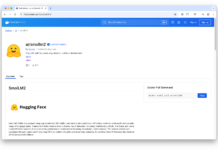
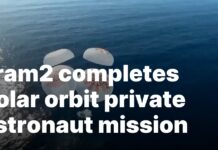
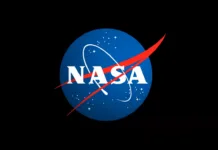








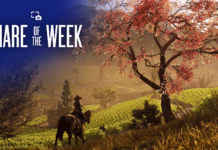

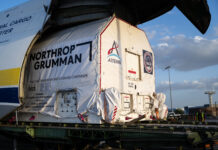
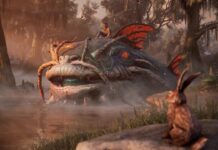
![Samsung’s Breakthrough Fuels Progress in Science and Industry: Interview How Samsung’s Engineering Feat Became a Catalyst for Scientific and Industry Advancement [Interview on Real Quantum Dots Part 2.]](https://www.hawkdive.com/media/samsung-tvs-and-displays-samsung-quantum-dots-technology-qled-tvs-quantum-dots-experts-interview-par-218x150.jpeg)